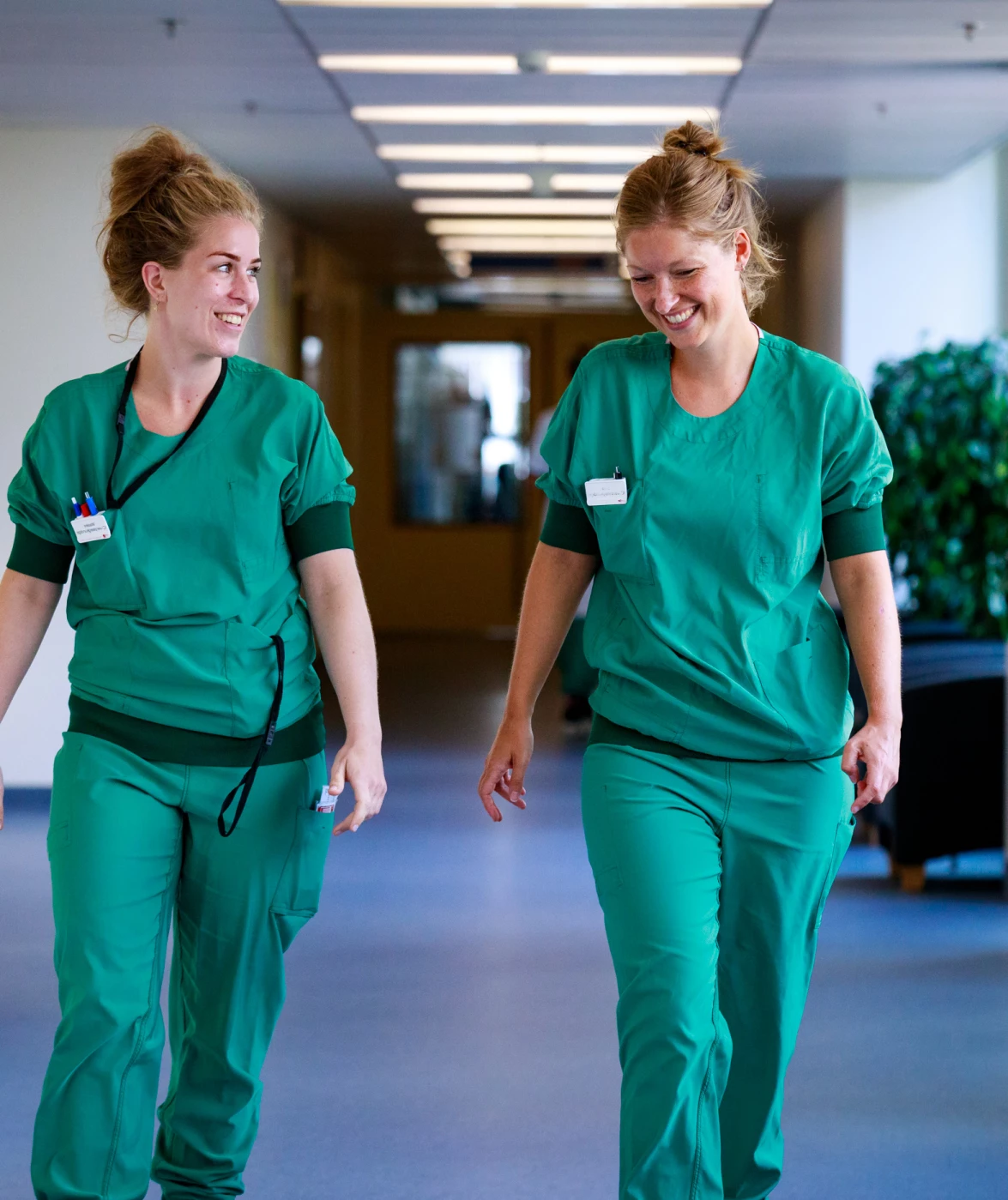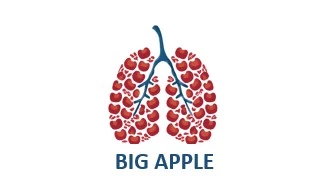NEWS

Currently participating centers
Australia: 1, Austria: 1, Bolivia: 1, Brazil: 5, Croatia: 1, Denmark: 1, Germany: 2, Greece: 4, India: 1, Indonesia: 1, Italy: 5, Malaysia: 1, Morocco: 5, Portugal: 1, Serbia: 2, Spain: 2, Sudan: 2, Suriname: 1, Sweden: 2, Switzerland: 2, The Netherlands: 14, Turkey: 5, United Arab Emirates: 1

Countries/sites that are applying for ethical approval
- Italy, Greece, Spain, Portugal, UK, Germany, Armenia, Austria, Belgium, Bolivia, Brazil, Colombia, Croatia, Denmark, India, Indonesia, Poland, Serbia, Sweden, Turkey, Mozambique, Nigeria, Texas
Study Summary
Rationale
Postoperative pulmonary complications (PPCs) are common in children undergoing general anesthesia and are associated with prolonged stay in the hospital and high costs. Development of PPCs is associated with ventilator settings in adult patients undergoing general anesthesia. Data on perioperative ventilator settings in children are lacking, leaving the anaesthetist without guidance. Consequently, the current standard of care in perioperative mechanical ventilation in children is expected to be extremely heterogeneous, leading to ventilation with higher levels of energy than necessary. Therefore, it is highly necessary to evaluate the current practice in perioperative ventilation in children and to determine associations with PPCs.
Objective
The aims of this study are to:
- determine the incidence of PPCs in pediatric patients;
- describe the practice of ventilatory support in children undergoing general anesthesia;
- describe geo-economic differences/variations in ventilatory support and development of PPCs in children undergoing general anesthesia;
- identify potentially modifiable factors that have independent associations with development of PPCs, hospital length of stay and ICU admittance; and
- develop a risk score for the development of PPCs comparable to the ARISCAT score.
Study design
Multicenter international observational cohort study.
Study population
Patients ≤16 years of age undergoing invasive ventilation for general anesthesia in the operating room.
Main study endpoints
The primary endpoint is the incidence of PPCs. Secondary outcomes are the ventilator settings, ventilation parameters, length of hospital stay and ICU admittance.
Nature and extent of the burden and risks associated with participation, benefit and group relatedness
Prospective collection of demographic data, ventilation settings and ventilation parameters, and outcomes means the risks are negligible and the burden is minimal.
Feasibility and workload
Amsterdam UMC already included the first patients! Data entry took approximately 10-15 minutes per participant.
Documents
Call for centers
Call for centers is closed

Study team
Steering committee:
Dr J.A.W. Polderman (The Netherlands)
Dr. D.M.P. van Meenen (The Netherlands)
Prof. Dr. M.J. Schultz (The Netherlands)
Prof. Dr. Dr. M.W. Hollmann (The Netherlands)
Dr. M.F. Stevens (The Netherlands)
Dr. L.M. Staals (The Netherlands)
Dr. S. Hemmes (The Netherlands)
Drs. J. van Wijk (The Netherlands)
Prof. Dr. I. Malagon (The Netherlands)
Prof. Dr. N. Disma (Italy)
Prof. Dr. B. von Ungern-Sternberg (Australia)
Prof. Dr. W. Habre (Switzerland)
Prof. Dr. T. Riva (Switzerland)
National Coordinators:
We are currently recruiting national coordinators. This list is subject to change.
The Netherlands: drs A. Janszen
eCRF
The eCRF is built in Castor EDC, a program that can be reached from everywhere via the internet.
Trial registration
Registration of the BIG APPLE at clinicaltrials.gov.
FAQ
Participate in BIG APPLE
